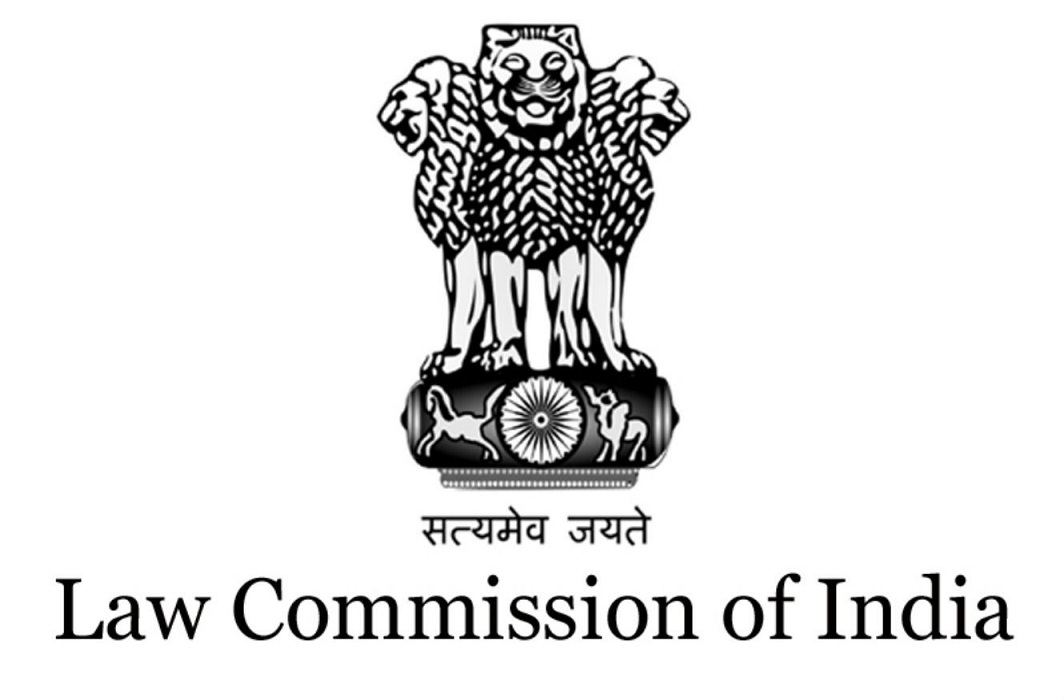The Union Cabinet has approved 22nd Law Commission of India for a period of three years from the date of publication of the Order of Constitution in the Official Gazette.
Law Commission of India :-
- It is an executive body established by an order of the Government of India. First law commission of independent India was established post the Independence in 1955
- Tenure: 3 Years
- Function: Advisory body to the Ministry of Law and Justice for “Legal Reforms in India”
- Recommendations: NOT binding
- First Law Commission was established during the British Raj in 1834 by the Charter Act of 1833
- Chairman: Macaulay; It recommended for the Codifications of the IPC, CrPC etc.
Composition :-
The 22nd Law Commission will be constituted for a period of three years from the date of publication of its Order in the Official Gazette. It will consist of:
- Full-time Chairperson;
- Four full-time Members (including Member-Secretary)
- Secretary, Department of Legal Affairs as ex-officio Member;
- Secretary, Legislative Department as ex officio Member; and not more than five part-time Members.
Terms of reference
- The Law Commission shall, on a reference made to it by the Central Government or suo-motu, undertake research in law and review of existing laws in India for making reforms therein and enacting new legislations.
- It shall also undertake studies and research for bringing reforms in the justice delivery systems for elimination of delay in procedures, speedy disposal of cases, reduction in cost of litigation etc.
The Law Commission of India shall, inter-alia: –
- Identify laws which are no longer needed or relevant and can be immediately repealed
- Examine the existing laws in the light of DPSP and Preamble
- Consider and convey to the Government its views on any subject relating to law and judicial administration that may be specifically referred to it by the Government through Ministry of Law and Justice (Department of Legal Affairs)
- Consider the requests for providing research to any foreign countries as may be referred to it by the Government through the Ministry of Law and Justice (Department of Legal Affairs)
- Take all such measures as may be necessary to harness law and the legal process in the service of the poor
- Revise the Central Acts of general importance so as to simplify them and remove anomalies, ambiguities and inequities


Post a Comment